People
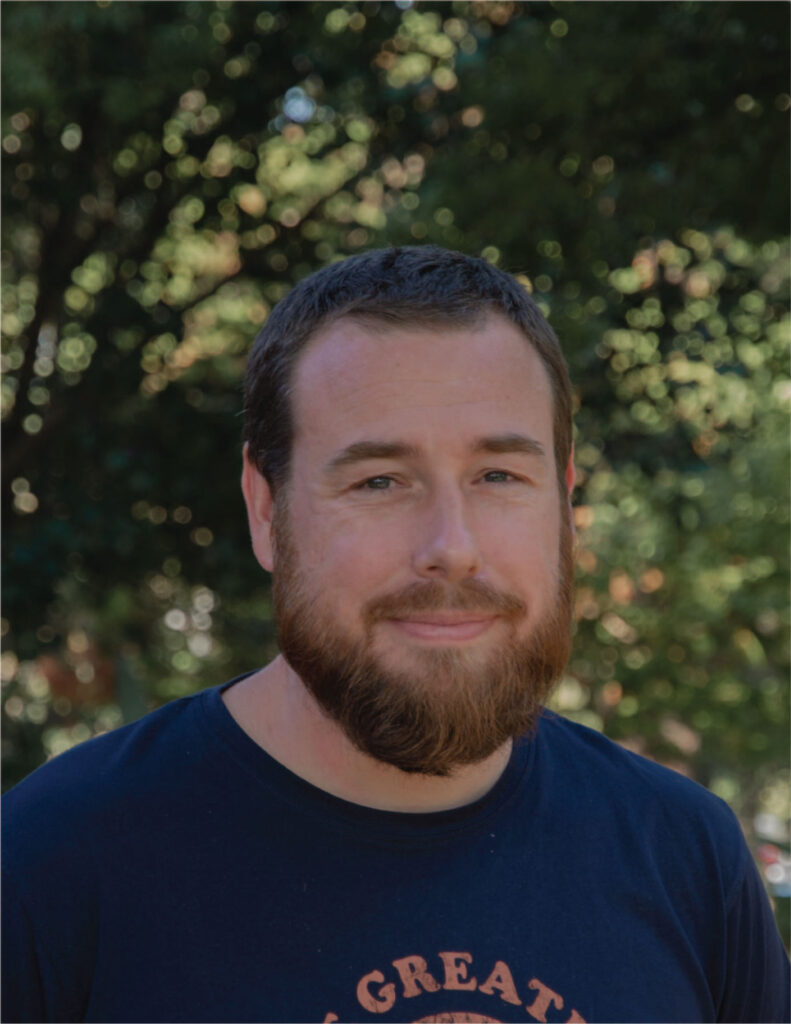
Prof. Christopher Kirkland
Professor & Team Leader
Chris Kirkland is the inaugural leader of the Timescales of Mineral Systems Group, established in 2015. He specializes in using isotope geology to tackle key industry challenges, focusing on reducing exploration risks and providing insights that drive better decision-making in mineral exploration.
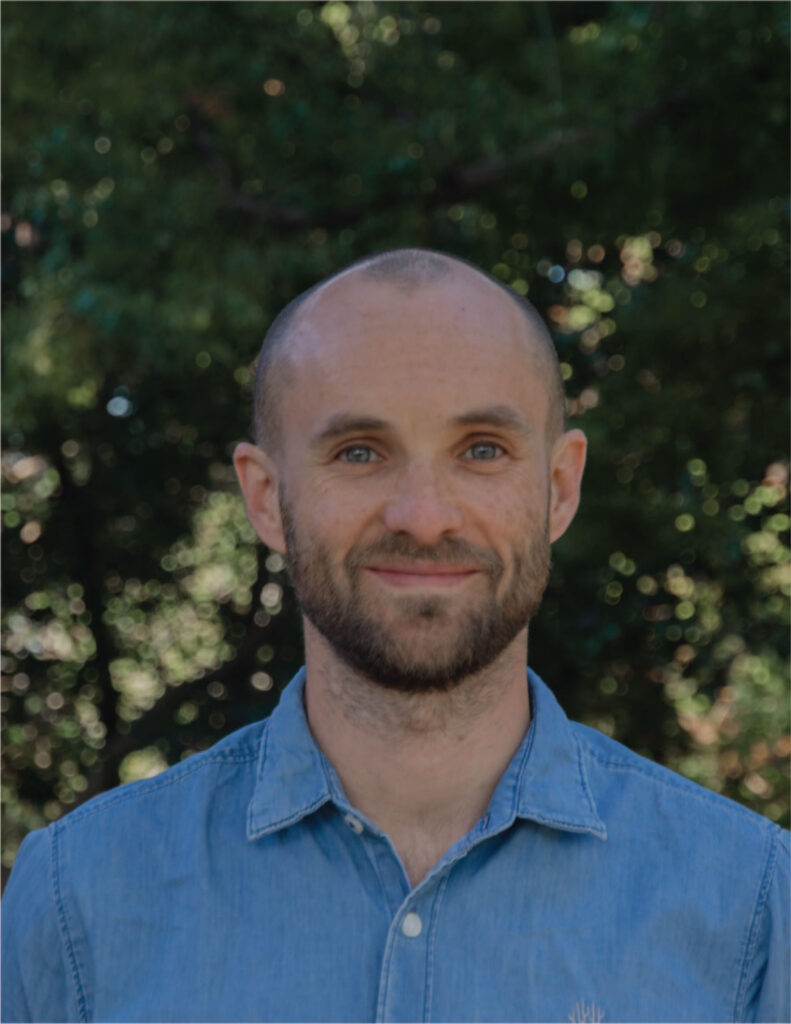
A/Prof. Milo Barham
Associate Professor
Milo Barham uses the detrital record to inform sediment system and crustal dynamics within the framework of tectonomagmatic events controlling mineral systems.
Milo joined the Timescales team in 2018.
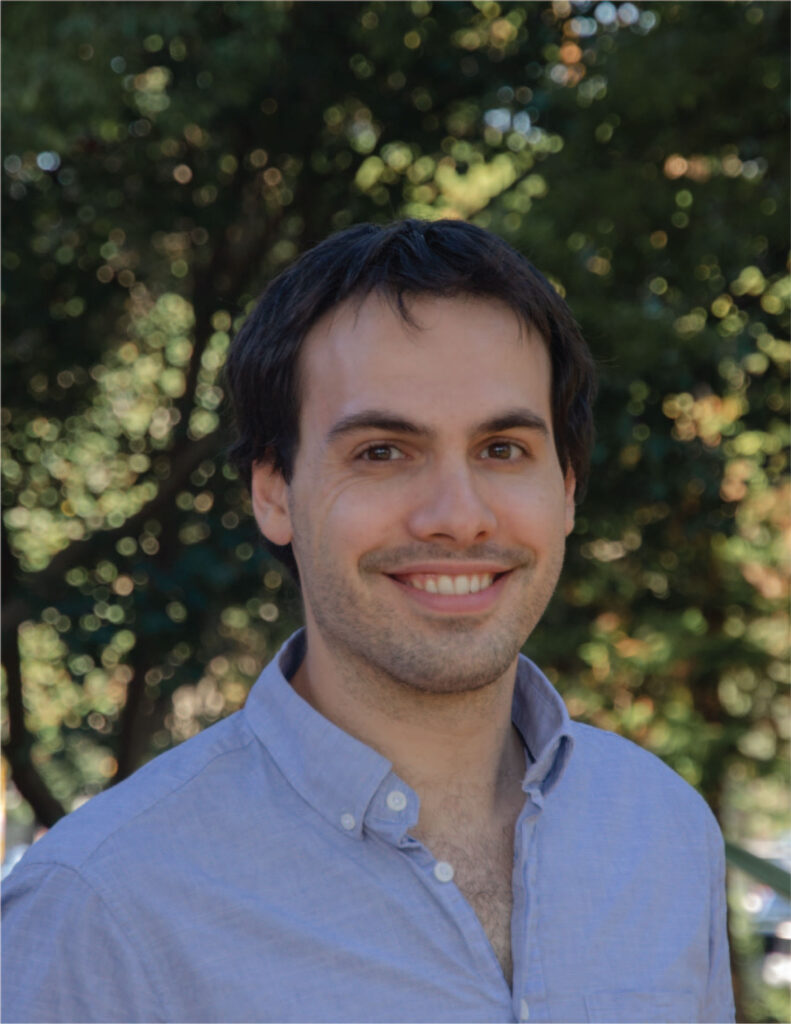
Dr Hugo Olierook
Senior Research Fellow
Hugo places geological problems into a temporal context. By adding time to 3D problems, he helps the mining industry explore for critical metals, evaluates the drivers of past climatic crises, and explores tectonics throughout Earth’s history.
Hugo joined the Timescales team in 2019.
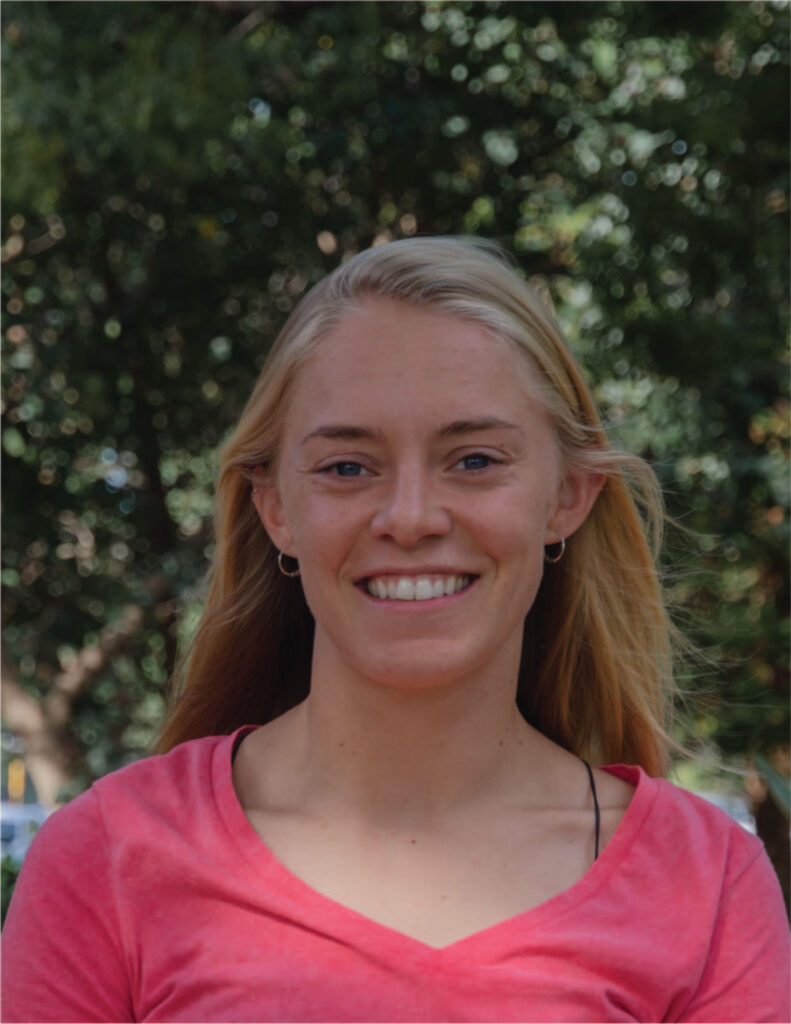
Dr Janne Liebmann
Lecturer
Janne’s research applies isotope geochemistry and geochronology to better understand the evolution of Earth’s crust, mineral systems, and surface environments, with a particular focus on the Archean and Proterozoic Earth.
Janne joined the Timescales team as a PhD student in 2018, and became a staff member in 2021.
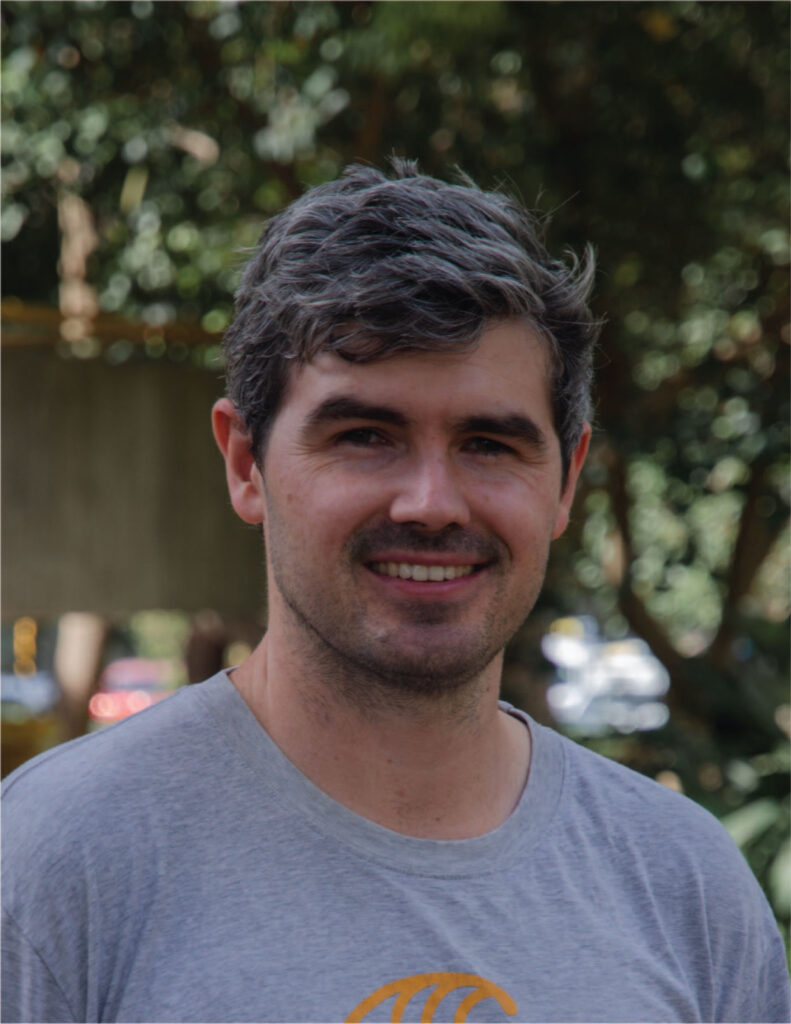
Dr Michael Hartnady
Research Fellow
Michael uses U–Pb geochronology, Hf and O isotope geochemistry, and structural mapping to investigate the record of magmatism, deformation and fluid flow within Earth’s crust.
Michael joined the Timescales team as a PhD student in 2017, and became a staff member in 2020.
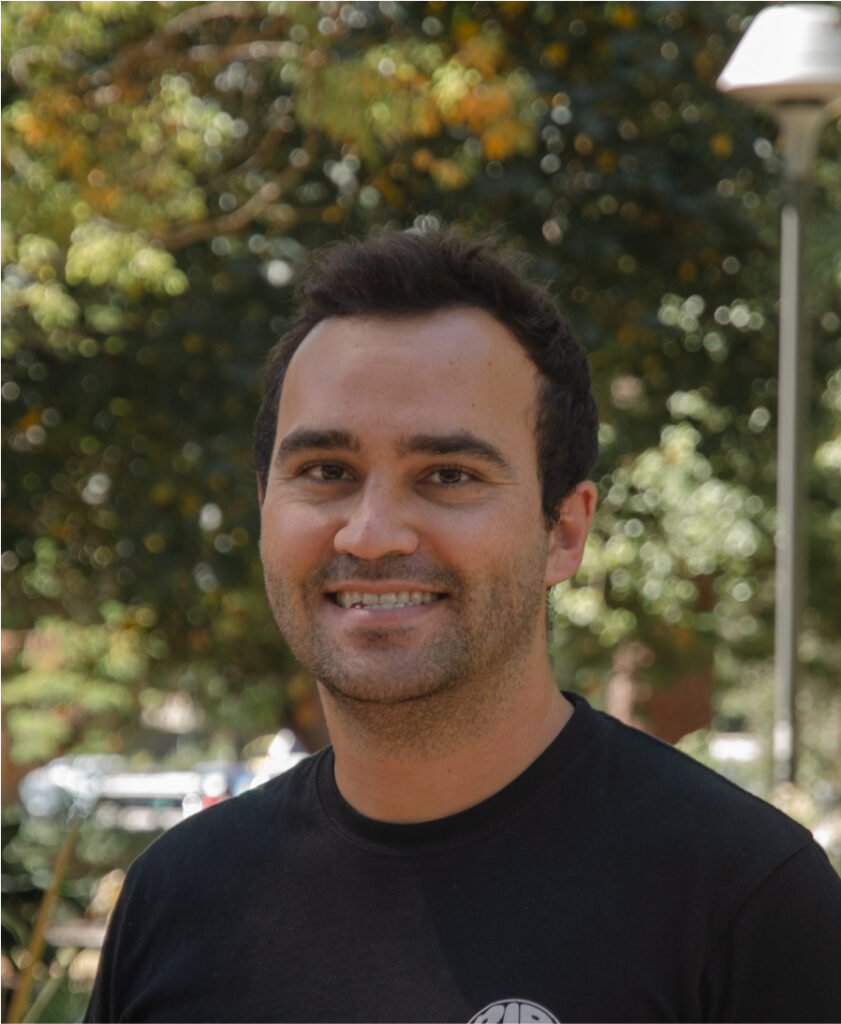
Dr Bruno Ribeiro
Lecturer
Bruno Ribeiro is a multidisciplinary geologist that applies a range of multi-mineral isotopic systems associated with mineral chemistry and petrology to investigate the deformation and tectonic record of Precambrian terranes worldwide.
Bruno joined the Timescales team in 2022.
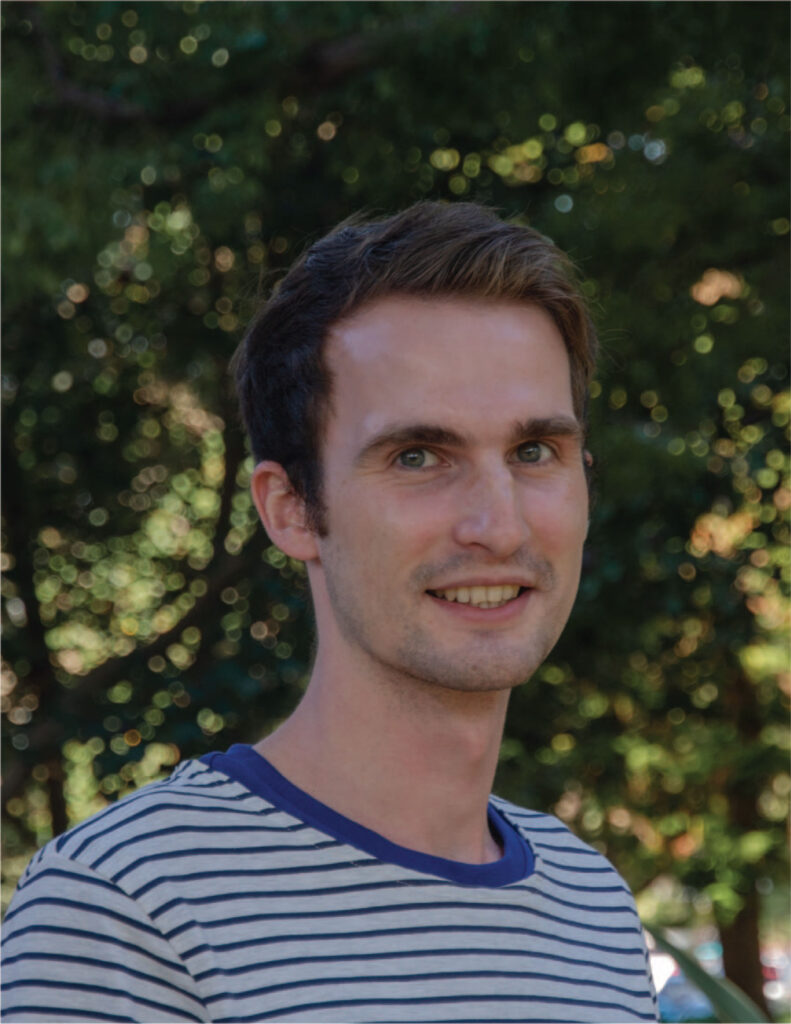
Dr Andreas Zametzer
Research Fellow
Andi designs and executes projects for industry partners and government organisations, and does research on various geological topics ranging from ancient and modern sedimentary systems to crustal evolution.
Andi joined the Timescales team as a PhD student in 2020, and became a staff member in 2023.
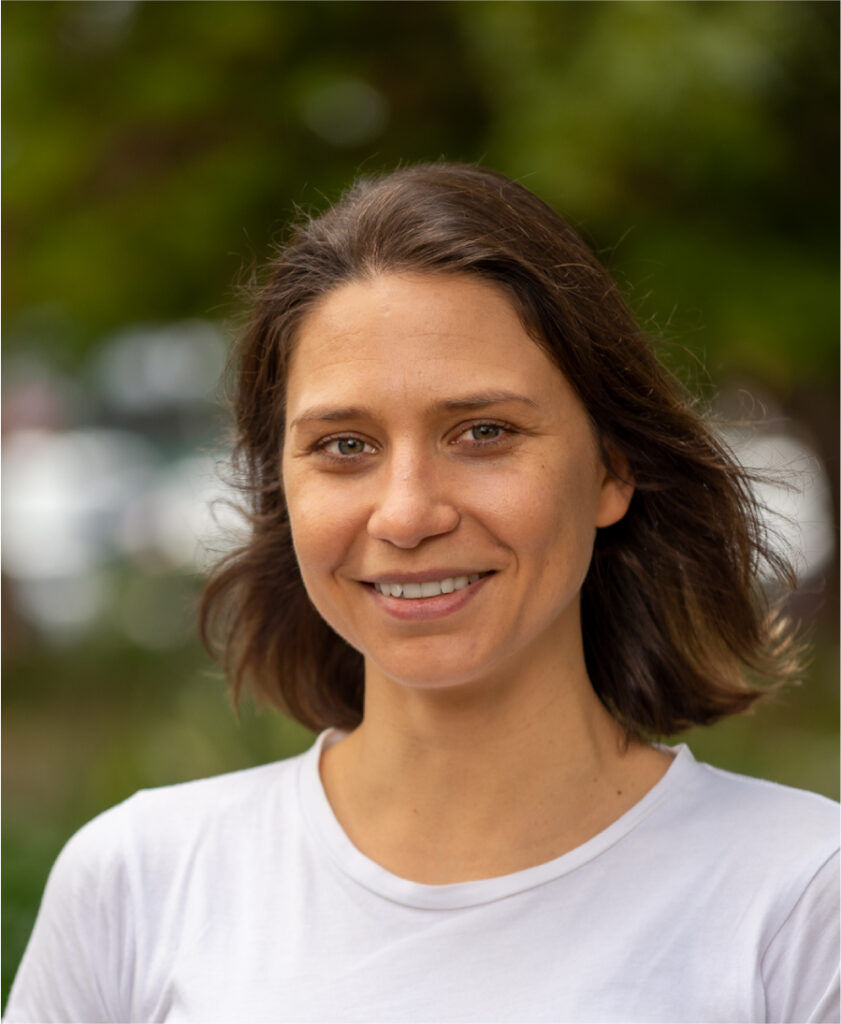
Dr Taryn Scharf
Research Associate
Taryn’s research applies geocomputing to the deconvolution of mineral grain histories. This work looks to develop new analytical tools that can be integrated with standard geological approaches for basin analysis and heavy mineral sand exploration.
Taryn joined the Timescales team as a PhD student in 2020, and became a staff member in 2024.
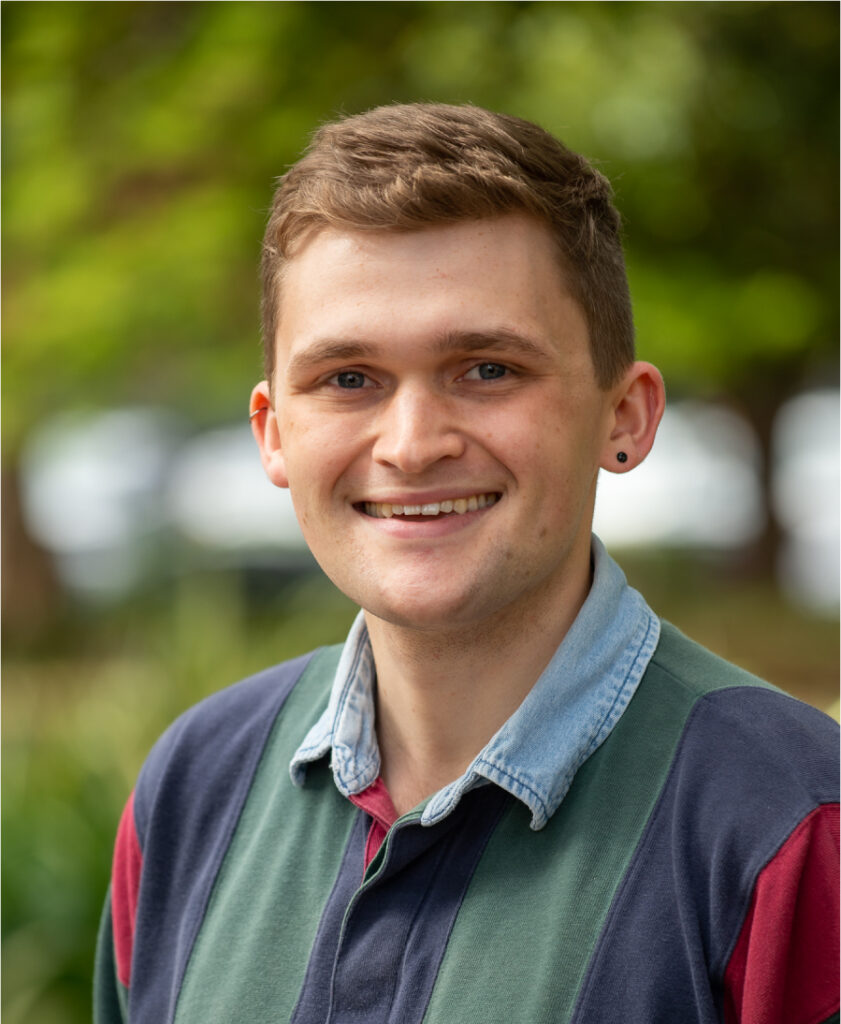
Dr Anthony Clarke
Research Associate
Tony’s research aims to establish apatite as a new tool to track the evolution of the continental crust. Current continental crust development models rely on the mineral zircon. However, zircons only record the history of evolved rocks. Therefore, Tony’s research examines apatite which forms in less evolved mafic rocks. A detrital apatite database of Pb–Nd (model) ages is being developed and integrated with the zircon record to provide a more holistic description for how our planet developed.
Tony joined the Timescales team as a PhD student in 2021, and became a staff member in 2024.

Dr Jonas Kämpf
Research Associate
Jonas’s research focuses on integrating in situ geochronological data from garnet (Lu–Hf) and monazite (U–Pb) with mineral chemistry and phase equilibrium modelling to unravel the metamorphic evolution of Archean terranes worldwide.
Jonas joined the Timescales team in 2025.

Dr Marina Seraine
Research Associate
Marina is currently working on projects focused on the Neoproterozoic glaciations. She has expertise in applying triple oxygen isotopes to siliciclastic sediments and in U–Pb dating of detrital zircon to reconstruct ancient glaciation events during the Precambrian.
Marina joined the Timescales team in 2025.
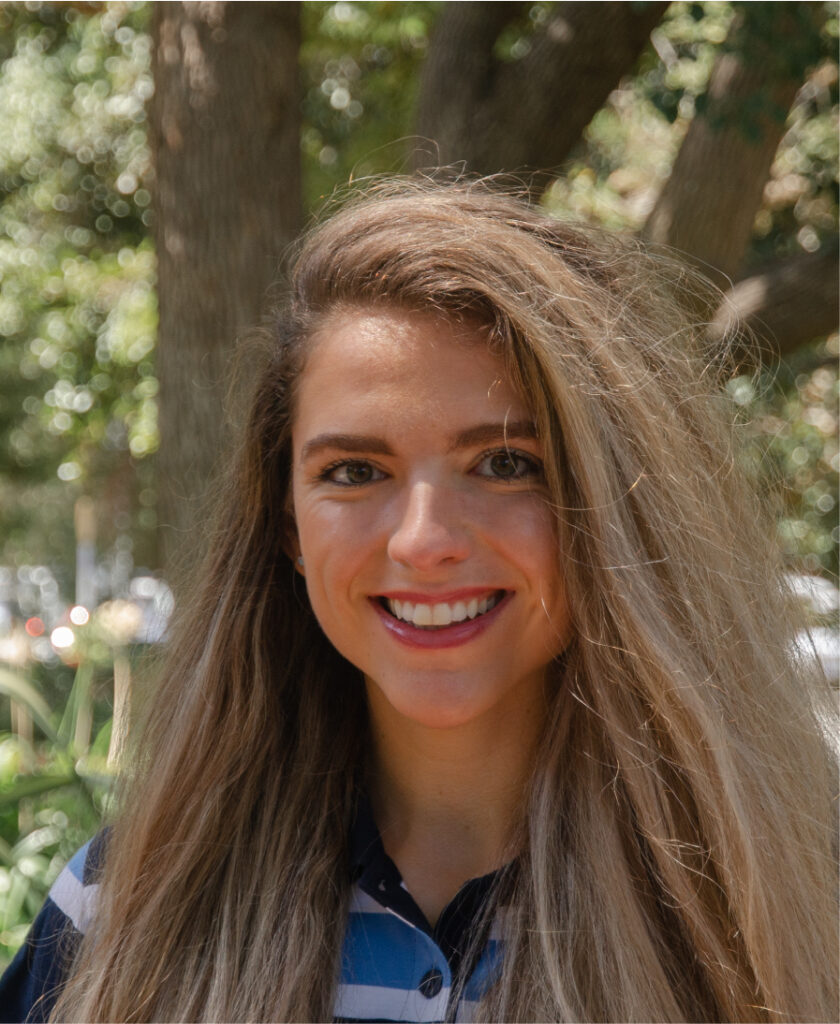
Lucy Mathieson
PhD Student
Lucy’s research aims to reduce mineral exploration risk in Australia by developing a new tool to track fluid mobility in space and time using Pb-loss mapping. Lucy utilizes the Pb-loss process in zircon to model and evaluate radiogenic-Pb mobility across Australia to determine whether there is both a spatial and temporal relationship between Pb mobility and other geological processes including, for example, mineralization, fault density and dyke emplacement.
Lucy joined the Timescales team in 2021.
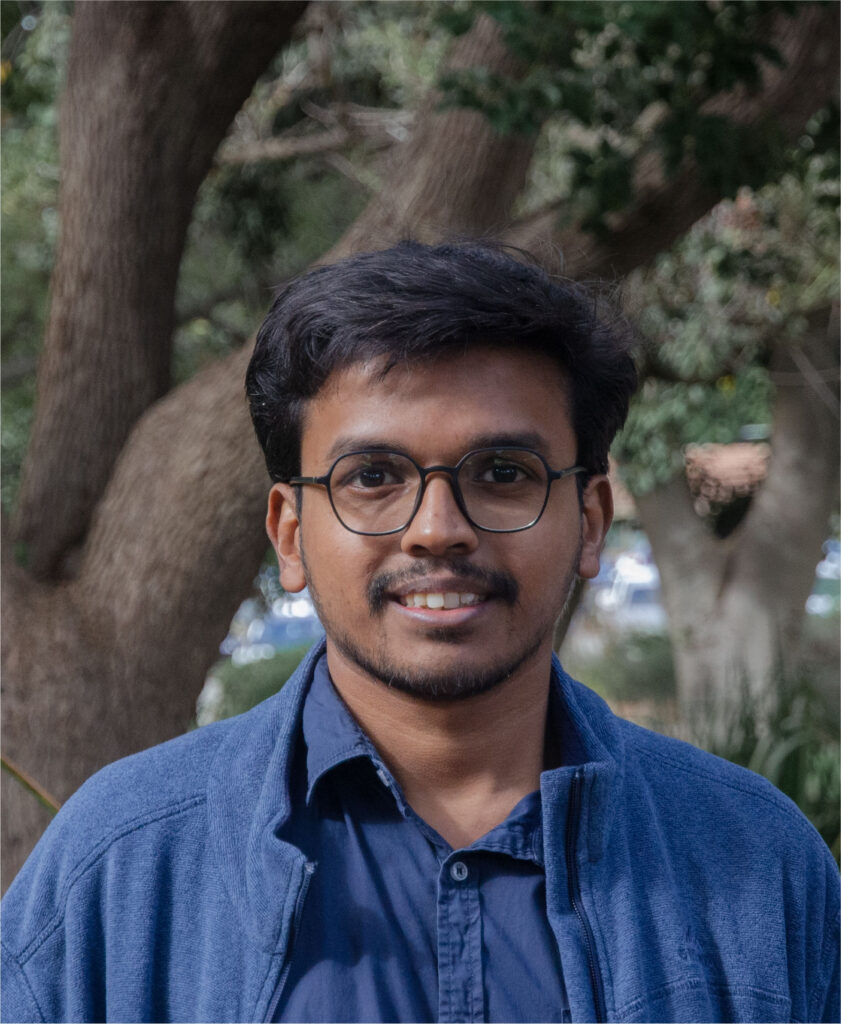
Priyanjan Datta
PhD Student
Priyanjan uses in situ Pb isotope data from K-feldspar in granitoids (and potentially pyroxenes in mafic rocks) in combination with whole-rock Pb isotope and trace element (e.g., U and Th) compositions of a range of rock types spanning eastern Australia to fingerprint the source characteristics and its evolution through space and time.
Priyanjan joined the Timescales team in 2023.
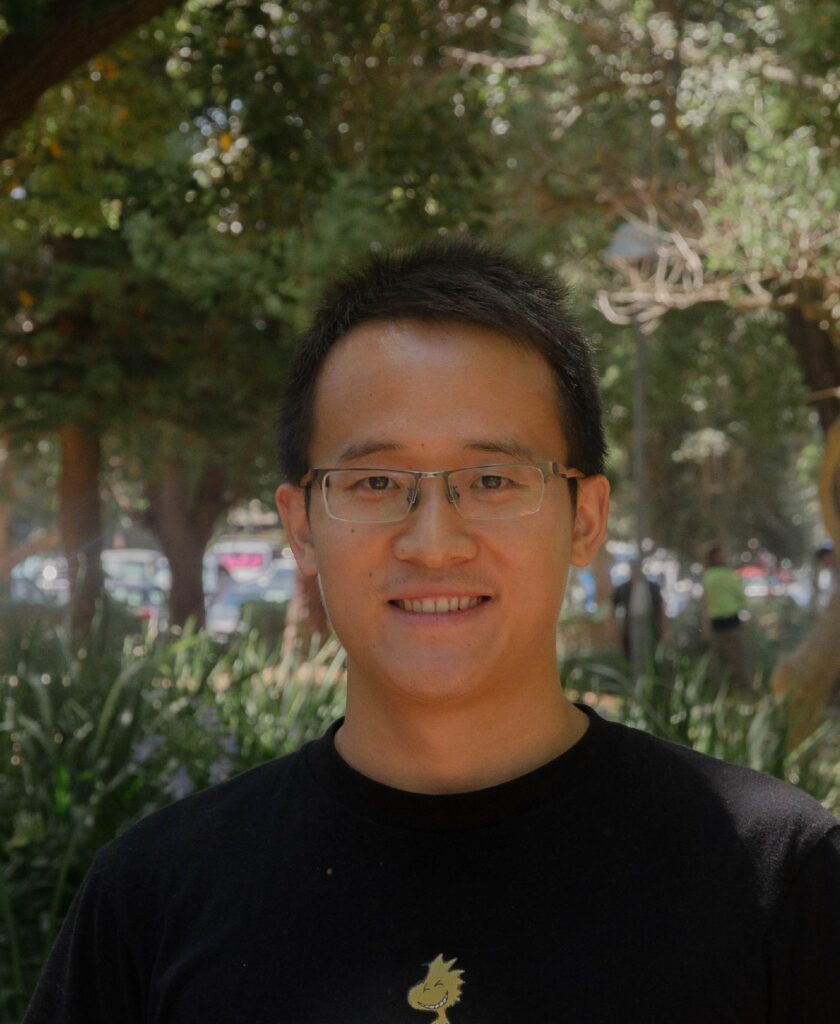
Jiankang Yi
PhD Student
Jack applies apatite geochronology to constrain the accurate age of salt, the internal stratigraphy, and the burial and exhumation history of rock salt bodies in major salt-bearing basins across Australia (e.g., Canning Basin, Adavale Basin).
Jack joined the Timescales team in 2023.

Jeremy Asimus
PhD Student
Jeremy’s research focuses on oceanic large igneous provinces and reconstructing past supercontinents. Jeremy utilises geochronological and geochemical analytical techniques to investigate the complex and dynamic interaction between mantle plume, mid-ocean ridge and continental lithospheric processes governing the protracted formation of the Kerguelen Plateau, an oceanic large igneous province within the southern Indian Ocean.
Jeremy joined the Timescales team in 2023.
Email: jeremy.asimus@curtin.edu.au
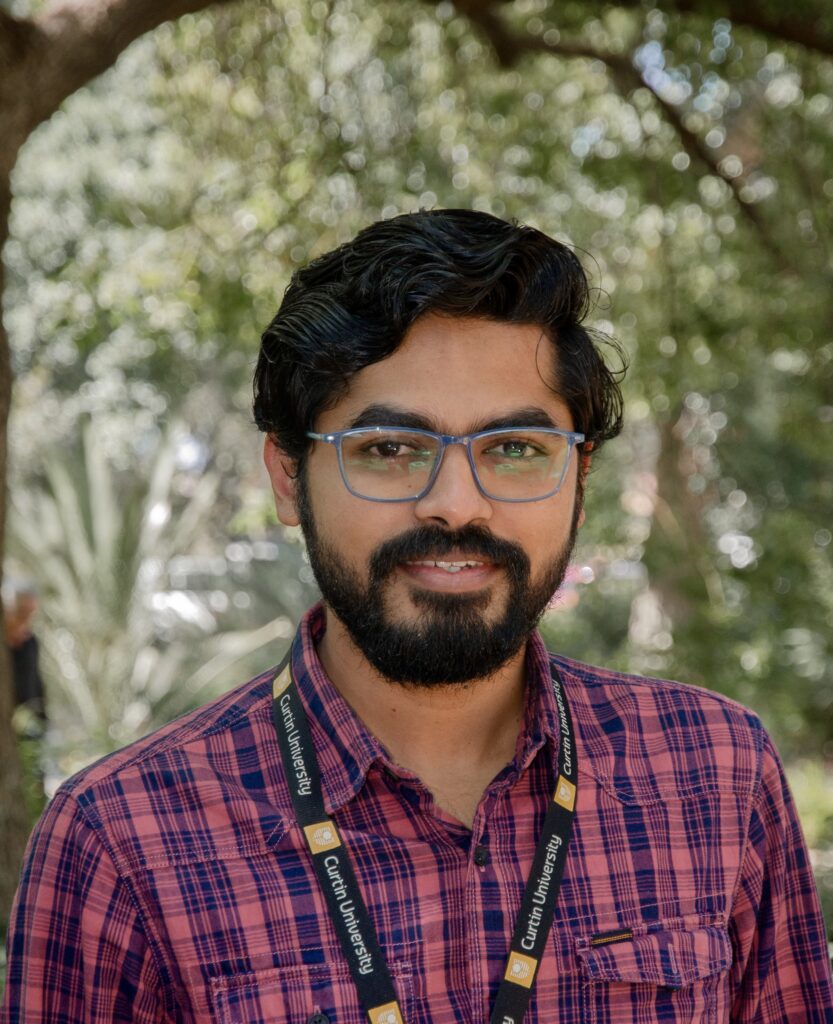
Hijas Hameed K N
PhD Student
Hijas utilises geochronology (Ar–Ar & U–Pb) and volatile quantification methods to unravel the environmental impacts of large igneous provinces. Hijas’s research investigates the submarine Ontong Java Plateau, the Earth’s largest oceanic plateau, and the Indo-Madagascan Continental Flood Basalt Province, both of which are critically underexplored in terms of robust geochronological and volatile data.
Hijas joined the Timescales team in 2024.

Liam O’Connor
PhD Student
Liam is studying the North Pole Dome impact structure in the East Pilbara Terrane to understand what role, if any, meteorite impacts had in the development of continental crust during the Archean Eon. Using field mapping and a range of radiometric isotopes, he aims to more precisely characterise its age, size, and effects on the Earth’s surface.
Liam joined the Timescales team in 2025.
Adjunct Affiliates
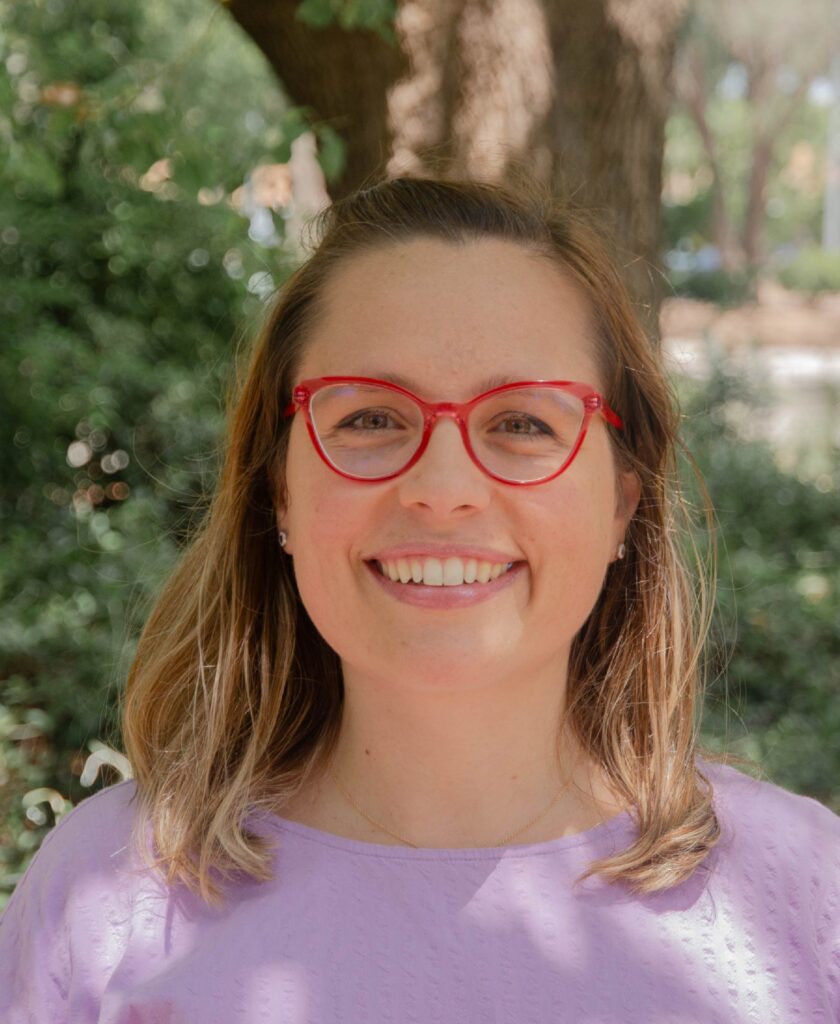
Dr Giada Bufarale
Adjunct Research Associate
Giada’s research focuses on understanding the origin of phosphate-bearing sediments in northern Angola and examining how the post-rift structural and tectonic history has impacted their deposition and preservation.
Giada joined the Timescales team in 2023, and transitioned to an adjunct role in 2025.
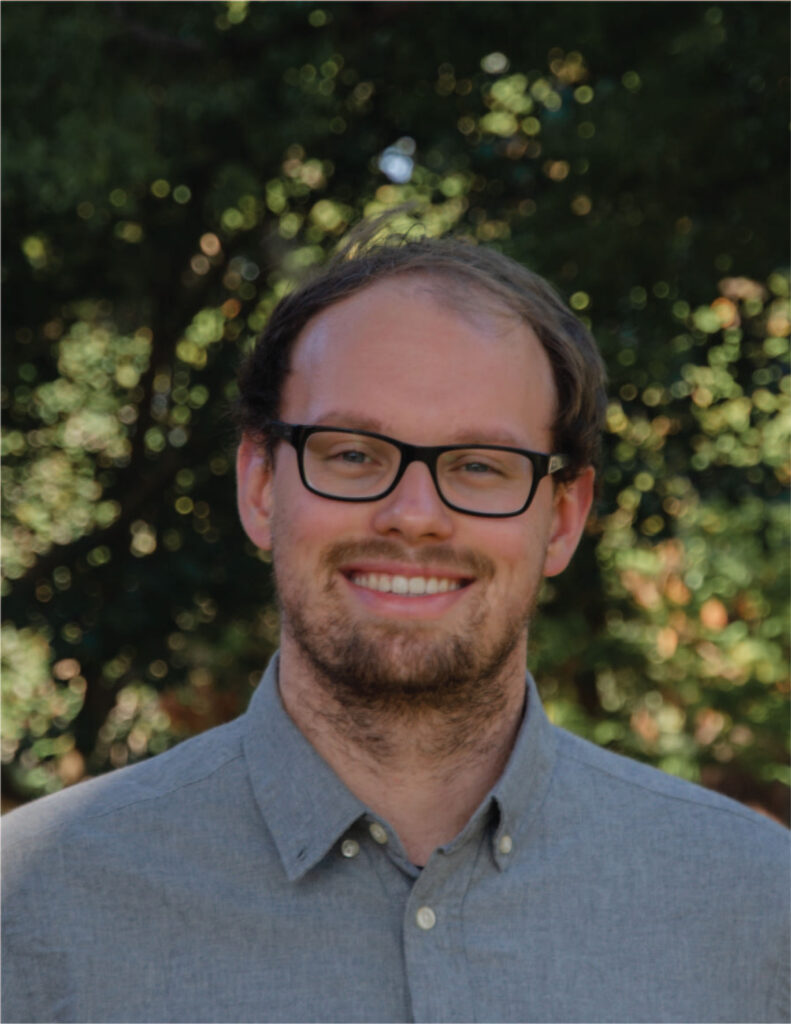
Dr Maximilian Dröllner
Adjunct Research Fellow
Max’s research focuses on developing, applying, and integrating single-grain provenance tools to harness the detrital record. His work at Curtin addresses a range of geological questions, with a particular emphasis on understanding the formation of heavy mineral sand deposits.
Max joined the Timescales team as a PhD student in 2020, and transitioned to a staff position in 2023. He has since transferred to the University of Göttingen in Germany where he has taken up a lecturer position in 2025, while still supporting the Timescales team in an adjunct role.
Past Affiliates
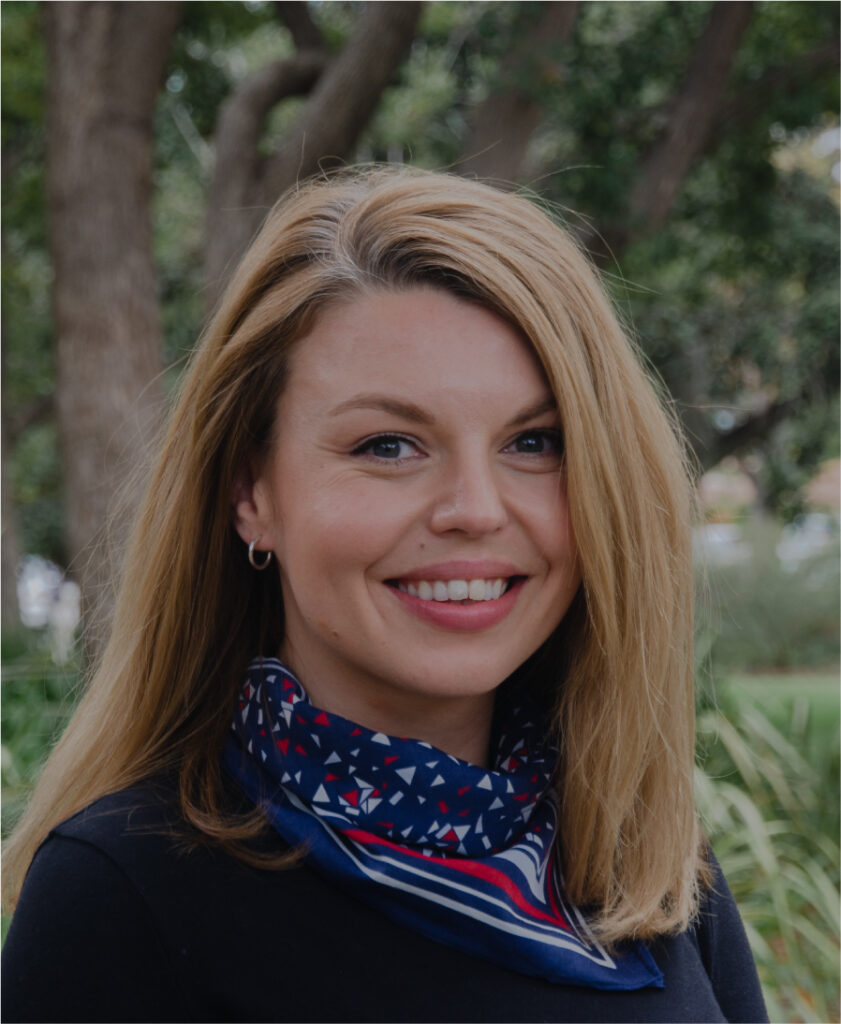
Dr Kathy Kuper
PhD Graduate
Kathy’s research looked at mapping the Nd isotopic variation throughout the Fraser Zone of the Proterozoic Albany Fraser Orogen, as a means to reduce exploration risk on the margin of the Archean Yilgarn Craton in Western Australia by tracking juvenile domains.
Kathy was with the Timescales team from 2021 to 2025.
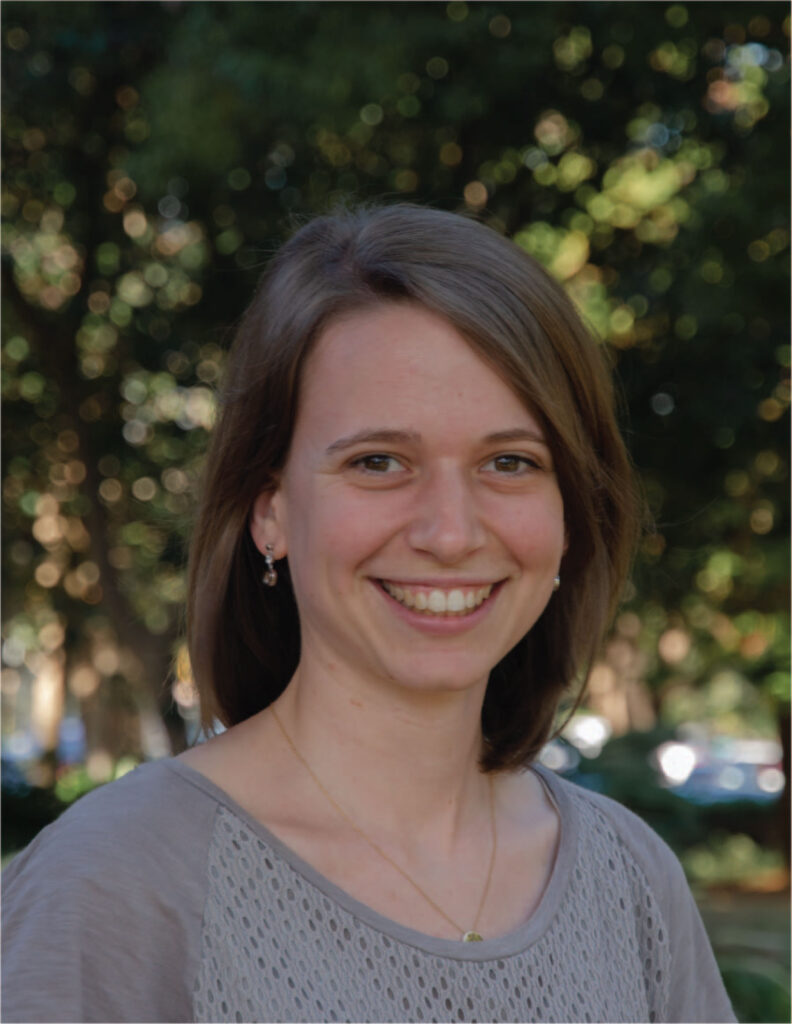
Dr Isabel Zutterkirch
PhD Graduate
Isabel conducted research on the provenance of sedimentary rocks in Western Australia, addressing their sediment transportation pathways derived from isotope (U-Pb, Lu-Hf, Pb-Pb, (U-Th)/He) fingerprinting. She has since taken up a role as a research & development geoscientist at Zeiss.
Isabel was with the Timescales team from 2020 to 2024.
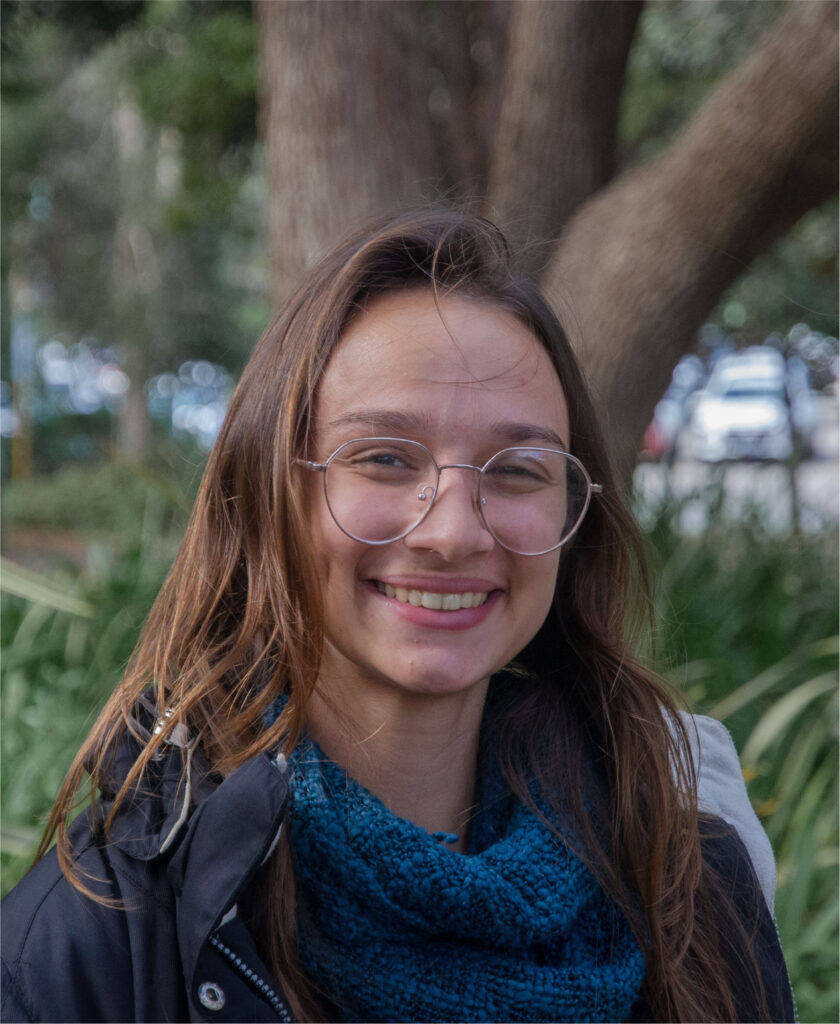
Lorena de Toledo Queiroz
Bachelor Student
Lorena examined the effects of high pressure metamorphism on in situ monazite petrochronology with a case study from the Carvalhos Klippe in southern Brazil. She joined us for three months as part of her final year Bachelor thesis.
Lorena was with the Timescales team in 2023.
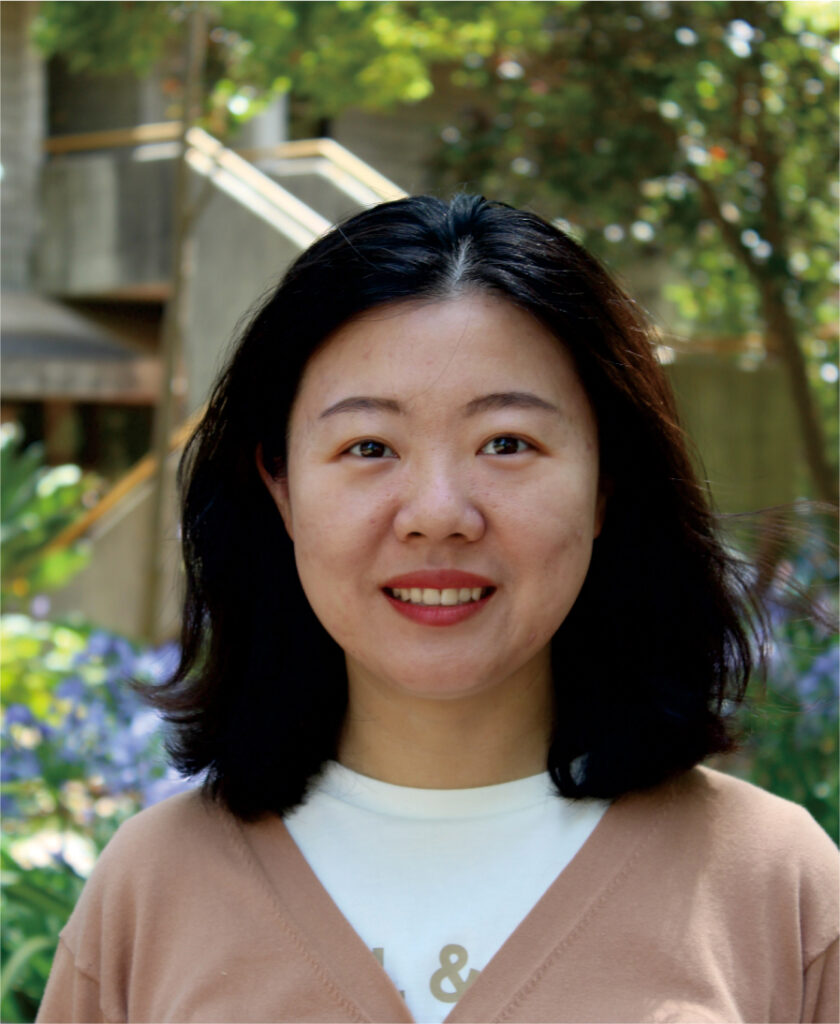
Dr Ruixue Wang
Adjunct Research Associate
Ruixue’s research projects focussed on the metallogenic mechanism of bauxite and dating gold deposits using various methods (e.g., calcite/ankerite U-Pb, illite K-Ar and Rb-Sr). She has since transferred to CSIRO.
Ruixue was with the Timescales team from 2021 to 2022.
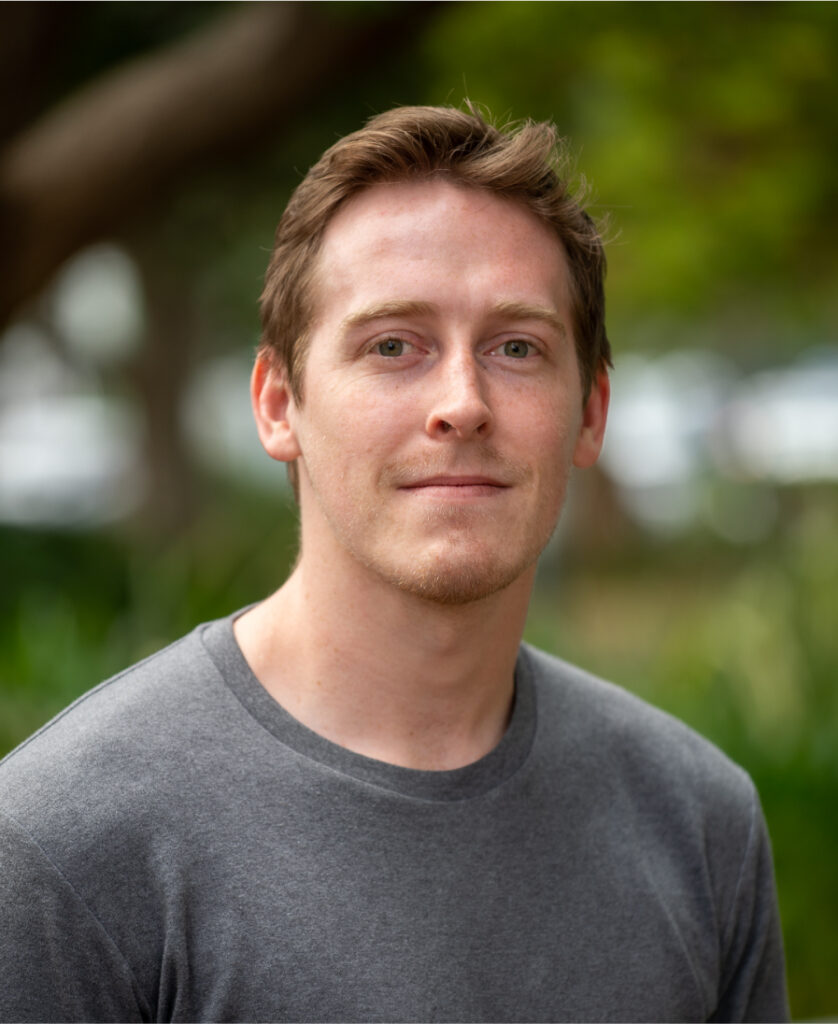
Dr David Fox
PhD Graduate
David Fox is an economic geologist with research interests in understanding Archean and basin-hosted base-metal deposits. His PhD project focussed on the development of a mineral systems model for an enigmatic hydrothermal Cu-Co deposit in the Pilbara Craton of Western Australia, using a variety of analytical techniques (e.g., isotope geochemistry, geochronology, ore characterisation). He has since taken up a broad role as geoscientist at Teck Resources.
David was with with the Timescales team from 2018 to 2021.
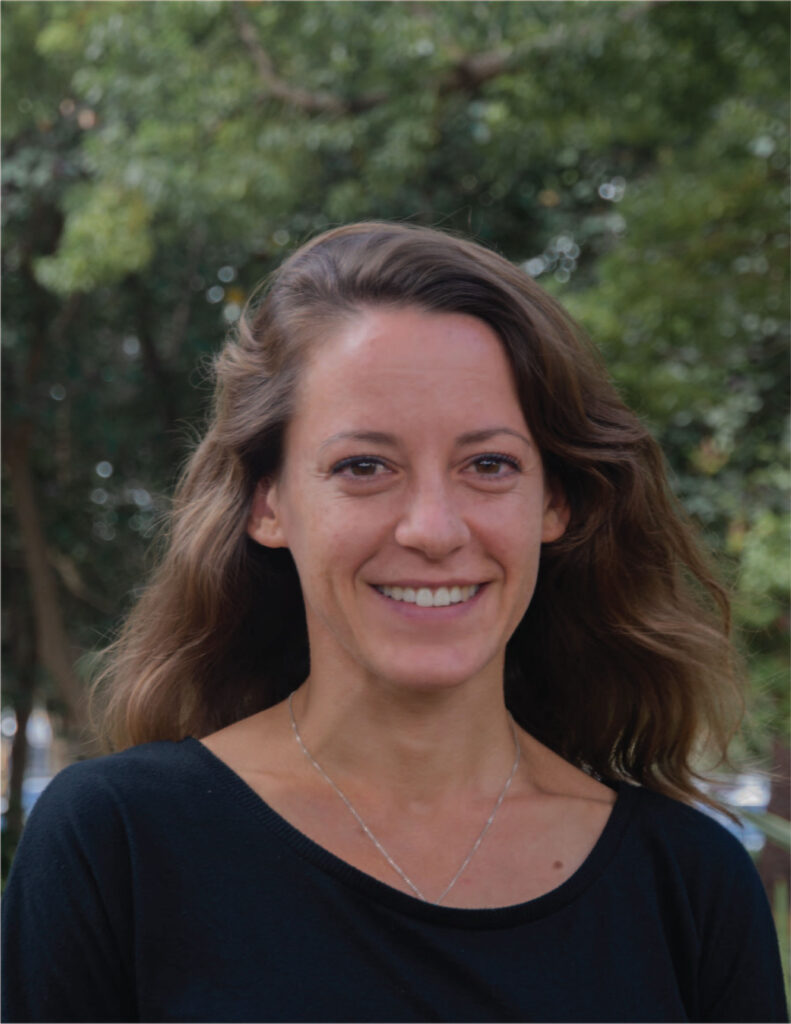
Gisela Gartmair
MRes Graduate
Gisi’s research combined morphoanalysis with geochronology and geochemistry as a means to identify potential crystalline source regions and likely sediment routings responsible for heavy mineral accumulations along palaeoshorelines of the Eucla Basin, Australia. She has since become an exploration geologist with Iluka Resources.
Gisi was with the Timescales team from 2019 to 2021.
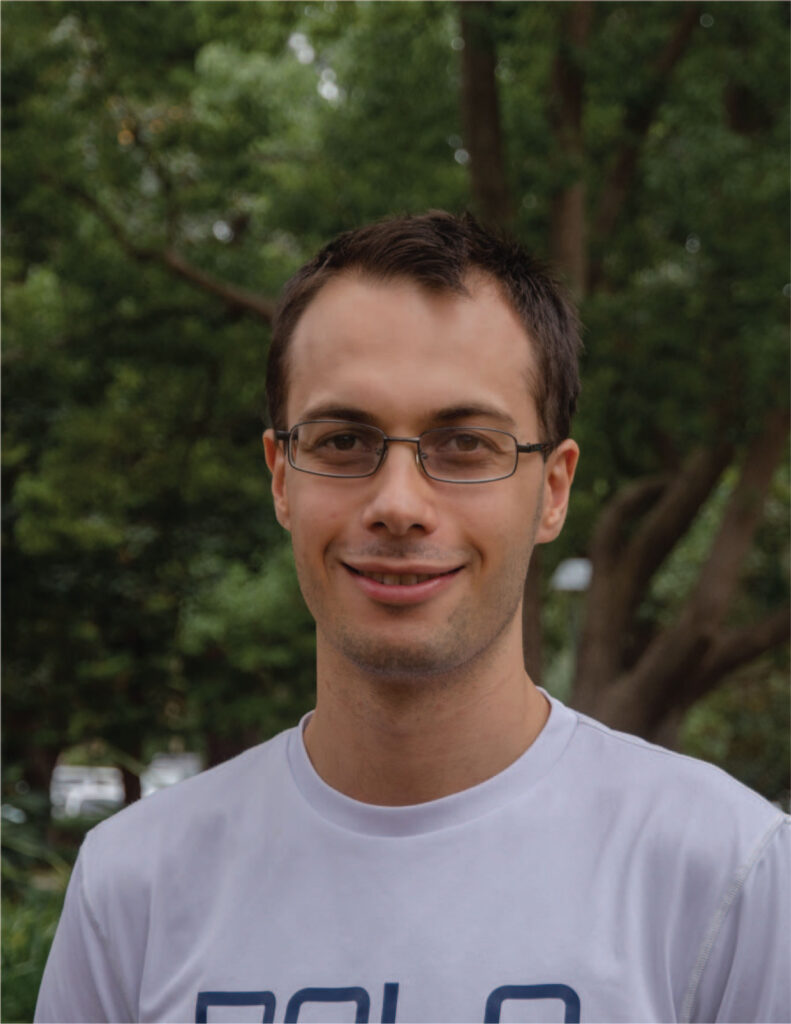
Dr Matthew Daggitt
Research Assistant
Matthew Daggitt used computational methods to solve a wide range of geological problems, developing new software for the geosciences. He has since transferred to Heriot-Watt University.
Matthew was with the Timescales team in 2020.
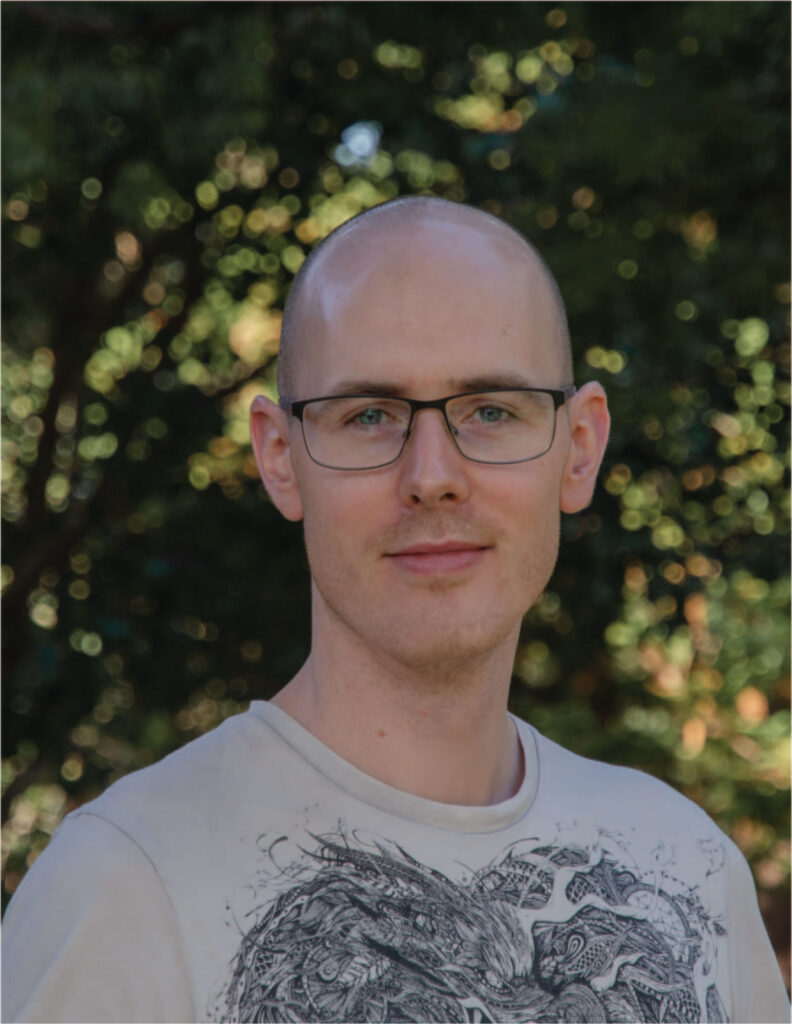
Dr Alex Walker
PhD Graduate & Research Fellow
Alex Walker used multiple sulphur isotope and trace element data to help constrain models of formation and modification of mineral systems. He has since transferred to the John de Laeter Centre at Curtin University to work on the National Mineral Map of Australia.
Alex was with the Timescales team from 2017 to 2020.
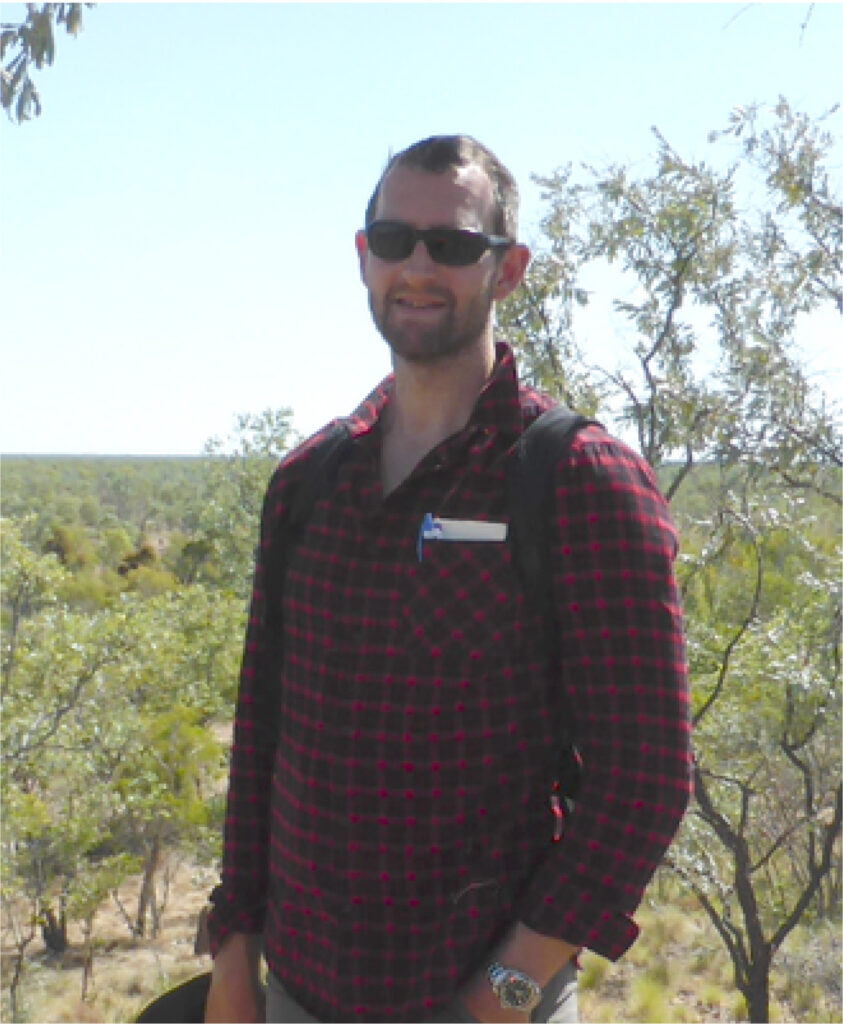
Dr Nicholas Gardiner
Research Fellow
Nick’s research focused on using geochemical and isotopic techniques to understand crust production on the early Earth and magmatic-hydrothermal mineralization. He since transferred to Monash University and the University of St. Andrews.
Nick was with the Timescales team from 2015 to 2018.